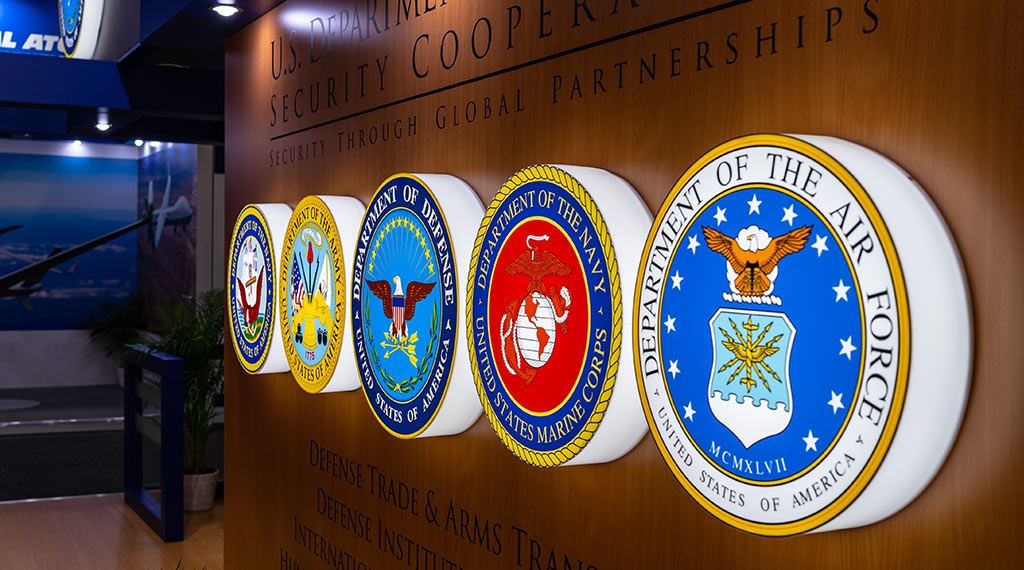
Editor’s Note: This story is being reposted from May of 2014
A story I know to be true, because I heard it told by both parties to it, involves a departing chairman of the Joint Chiefs of Staff and the incoming secretary of defense. The secretary asked the departing four-star if he had any advice. The admiral thought a second and said, “Yes, I do … Just think of the worst thing you can imagine going on [in the Department of Defense] – the absolute worst thing – and I guarantee you there’s some SOB out there doing it right now!”
In my calculus, this kind of mistake is a category one event, and affects all human activity within any organization. In other words, it’s not exclusive to DOD by any means. The latest scandal at the Department of Veterans Affairs fits squarely within this definition, as does General Motors ignoring a 57 cent switch. And whether it’s a political sex scandal leading to the impeachment of a president or a congressman with a stack of cash in his freezer, this is what Pogo meant when he said, “We have met the enemy, and he is us.” Another handy rule we used in the military was that “10 percent never get the word.” This kind of thing is why we fire people – or sometimes even put them in jail – but it’s all in the human condition category.
Unfortunately – but perhaps predictably – there is really nothing we can do about these things and, fortunately perhaps, it affects the human race, most everywhere, and to a fairly uniform degree.
A second kind of mistake only happens here, and it’s primarily because of our open, free society, our general preference for private enterprise and the limited role of government, at least when compared with most of the rest of the world. And it is this second category of mistakes that should worry us the most, primarily because they don’t usually reveal themselves short of a related catastrophe of some kind that could easily threaten our very existence. This is because it typically takes decades to develop or mature the causative factors that characterize these kinds of mistakes – and our memories tend to be generational, not historical.
Some historical and more current examples – and our usually unfortunate collective responses thereto – will make this clear:
- Pearl Harbor: How could we have not seen the high probability for this kind of event at the time, especially in the context of an escalating trade war and territorial struggle with Japan? However, a sneak attack against us like this just can’t happen again, right?
- 9/11: We continue to epitomize the world’s most attractive soft targets for terror attacks. But a 9/11-type attack just couldn’t happen again, right? Especially against New York City and Washington D.C. – right?
- Russian nationalism: Despite its post Cold-War expansionist revival and President Vladimir Putin, the ex-KGB thug, many seem surprised about the events in the Ukraine. That can’t happen in the Baltics can it?
- The 30-year decline of our strategic forces – both offense and defense: The Cold War is over, right?
- Atrophy of our nuclear weapons reliability and technology sectors: We don’t really need these things anymore, right?
- Extreme vulnerability of our mostly private sector cyberinfrastructure: If they really could shut us down they would have done it already, right?
- Failure to attribute terrorist activity to its responsible sovereign governments or to respond strategically against their leaderships: What good would this do anyway?
- Failure to integrate the various categories of information (intelligence, law enforcement, social media, open source media) we need to prevent terror attacks: We have to keep these things separate in America to protect our privacy, right?
- Failure to develop effective public diplomacy and information operations to reinforce our traditional diplomacy and national security policies: We have to trust our media and public affairs people to do this, right? Meantime, we can let Russia Today continue to broadcast its propaganda here, because we’re smart enough to figure that out aren’t we?
- A looming trade and Pacific influence war with China: That just can’t happen, right?
- Our colossal public debt and rapidly expanding entitlement class: No problem, we’ll just print more money, right?
- What oil shortage? It’s OK to have the Saudis and OPEC set the price for our oil, isn’t it? Don’t our oil companies benefit from high prices too?
Click HERE to read more.
- Putin’s Cold War II - February 2, 2022
- How the US is its own worst enemy - January 26, 2022
- Let’s correct the “Star Wars” record: Reagan had it right - December 10, 2021
